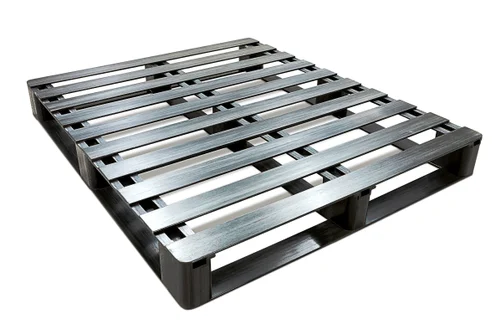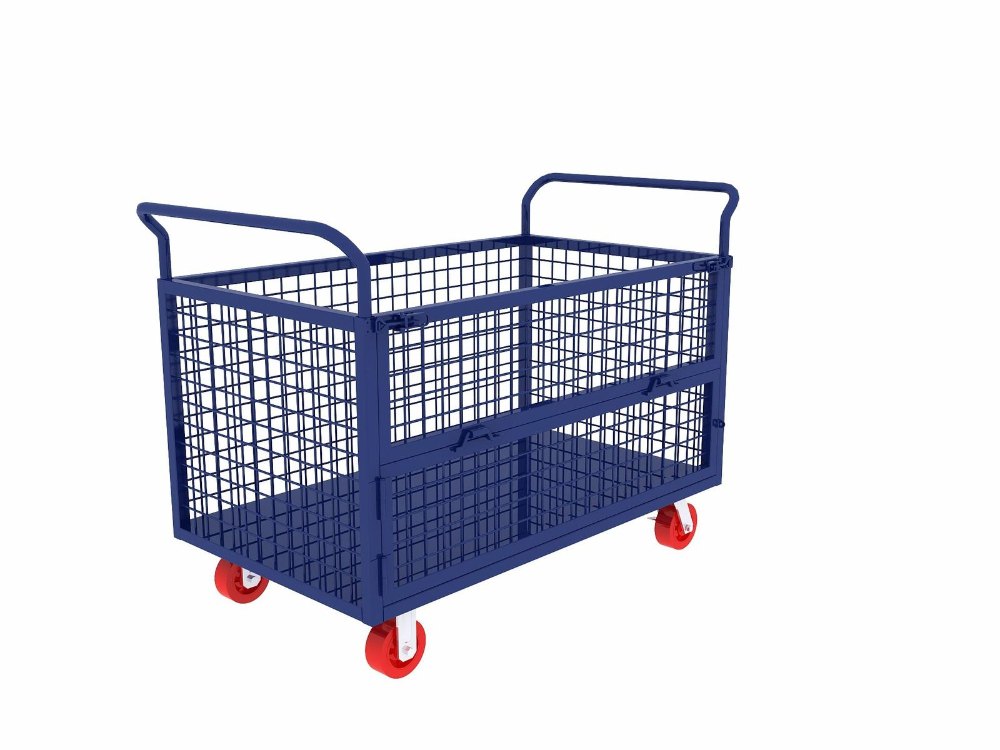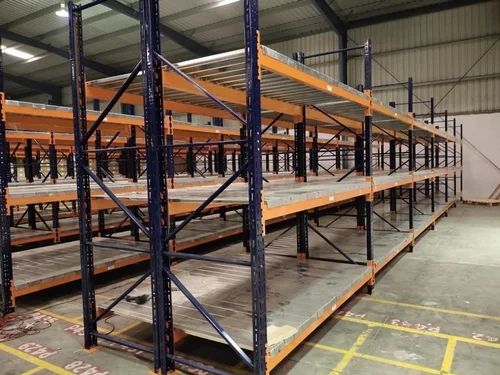- We Are Leading Provider Of Industrial Solutions.
- +91 8838805499
- Zuzuvadi Sipcot -1,Hosur - 635126
Fabrication
Fabrication is the process of constructing items from various materials, including metal, wood, and laminates, using techniques such as stamping, welding, cutting, bending, and assembling. Though fabrication can be done manually, modern practices often involve automation through computer-aided designs (CAD) and computer numerical control (CNC) technologies. These advancements improve accuracy, reduce lead times, cut costs, and minimize material waste. Fabricators typically use materials like steel to produce components for engines, machines, tools, and appliances. Unlike simple assembly, fabrication starts with raw or semi-finished materials, building products from scratch. This work is usually performed by fabrication shops, which bid on contracts based on detailed engineering drawings and specifications.



